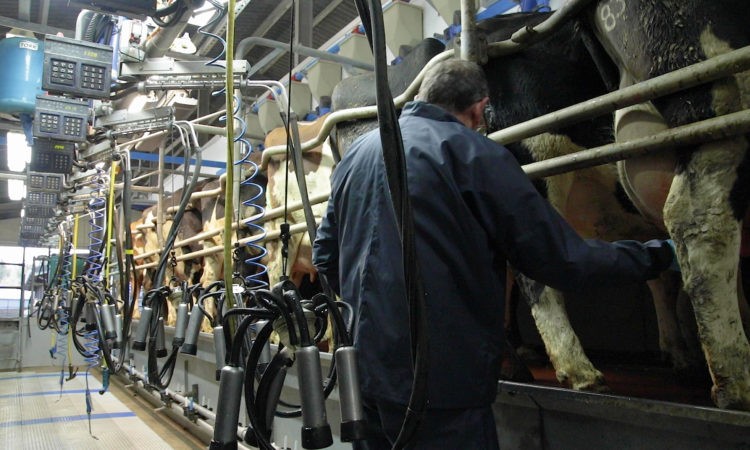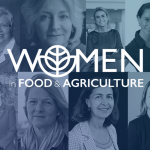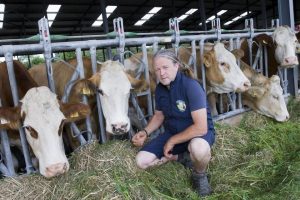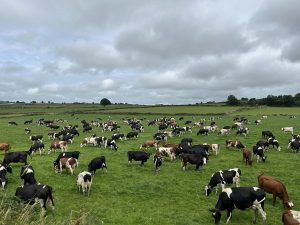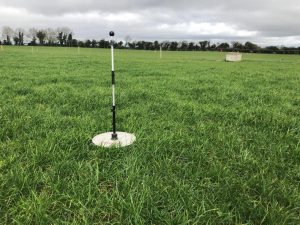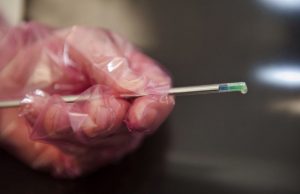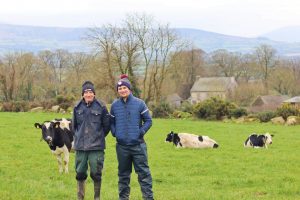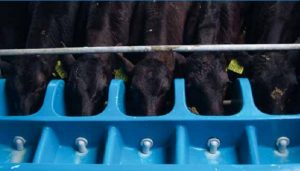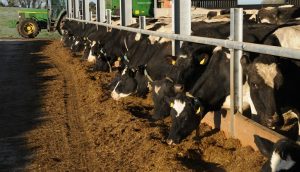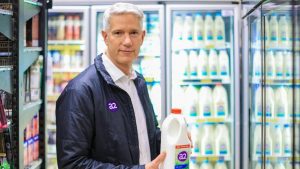
The Irish Creamery Milk Suppliers’ Association (ICMSA) said today (Monday, March 8) that it had raised the issue last year and “was disappointed that the matter had not yet been addressed, given its importance”.
Shane O’Loughlin, the association’s Farm Business Committee chairperson, argued that the increase in VAT for milk recording “comes at a time when dairy farmers should be incentivised to do milk recording”.
The 2020 decision by the Revenue Commissioners is totally contrary to government policy aimed at increasing the level of milk recording in dairy herds.
He noted the move towards a “selective dry cow strategy”, saying that it “involves a more targeted use of antibiotic treatments as a positive step to address anti-microbial resistance [AMR] concerns”.
“The use of milk recording on dairy farms was key to that strategy and indeed it was outlined as an action within the current government roadmap for climate change [Ag Climatise] which was published in December,” O’Loughlin said.
He went on: “Covid-19 has had an impact in terms of technicians travelling to farms and coupled with the introduction of the Veterinary Medicines Directive in 2022 – which will prohibit the blanket use of dry cow tubes when drying the herd – it seems that the different pillars of the state are making policies that are contradicting each other.
Many farmers in recent days have received correspondence regarding the increased cost of milk recording and the three-fold increase in the VAT rate in 2020 is a major driver of this increase… [It] is completely the wrong decision in terms of stated policy.
The ICMSA farm business chairperson also called on the Minister for Agriculture, Food and the Marine to intervene and “ensure that the VAT rate is reinstated at the previous level”.
“We should be trying to incentivise farmers to do milk recording rather than imposing additional costs on them,” he concluded.
